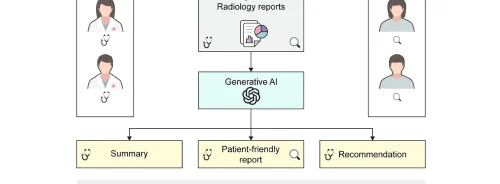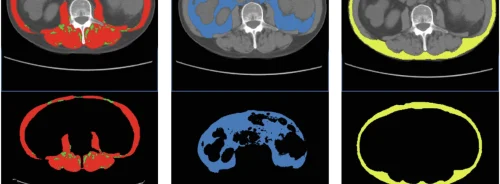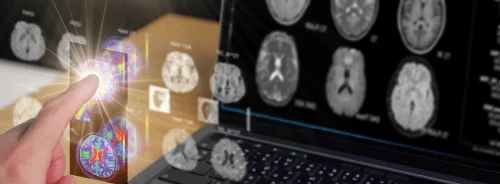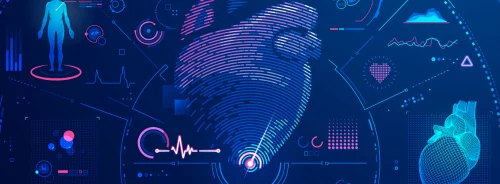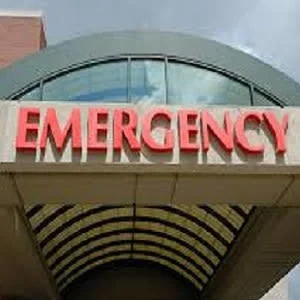In the U.S., abdominal pain is the most common complaint of patients visiting the emergency department. Given that myriad causes of this pain can range from benign to life-threatening, emergency physicians must occasionally order imaging studies to discover the diagnosis. While oral contrast is routinely used for abdominal CT scans to increase diagnostic accuracy, in most instances the use of oral contrast is not necessary, according to an article in Emergency Medicine News.
The article highlights recent studies showing that requiring a patient to ingest oral contrast can increase his emergency department length of stay anywhere from 30 minutes to two hours. A systematic review of 23 articles on appendicitis also demonstrated that forgoing oral contrast had no effect on the accuracy of a diagnosis. As such, it's important for physicians to assess if administering oral contrast adds anything to their emergency department workup.
Moreover, newer-generation multidetector CT scanners significantly reduce scanning time, leading to reduced motion artefact and presumably improved image quality and calling into question the utility of oral contrast, according to the article.
In another study examining CT scans ordered for possible appendicitis, it was found that oral contrast reached the terminal ileum in only 72 percent of patients, missing the target organ in more than a quarter of the subjects. Even then, CT scans ordered with oral contrast proved no more accurate than CT scans without in this single-centre study.
"If oral contrast does not aid in diagnosing infectious or inflammatory conditions, then we should ask if the contrast assists in detecting lumenal injury," says article author Dr. Ryan Aycock, an emergency physician at West Florida Hospital/TeamHealth in Pensacola, FL, and a clinical assistant professor with Florida State University’s College of Medicine.
Some hospitals have eliminated the need for routine use of oral contrast when ordering abdominal CT scans, but certain exceptions apply, according to Dr. Aycock. For example, a facility may enforce arbitrary cutoffs of body mass index with the theoretical idea that lack of visceral fat impedes diagnosis of inflammatory. Also, oral contrast may be required by your institution for children regardless of BMI.
Oral contrast, the author points out, is also sometimes required for diagnosing small bowel obstruction, specifically in locating the transition point. Contrast has been shown to help predict the need for surgery (Am J Surg 2016;211[6]:1114), but diagnosis alone can be made on an unenhanced study (Eur J Radiol 2009;71[1]:135.)
"The only times in which oral contrast can be routinely recommended are when patients have undergone bowel-altering surgery (e.g., gastric bypass) or when scans are ordered with a specific indication for bowel obstruction," Dr. Aycock stresses. "Otherwise, skipping oral contrast in most instances of abdominal CT scan appears prudent."
Source: Emergency Medicine News
Image Credit: Pixabay
Latest Articles
Abdominal CT, oral contrast, abdominal pain, abdominal CT scans
In the U.S., abdominal pain is the most common complaint of patients visiting the emergency department. Given that myriad causes of this pain can range from benign to life-threatening, emergency physicians must occasionally order imaging studies to discov

